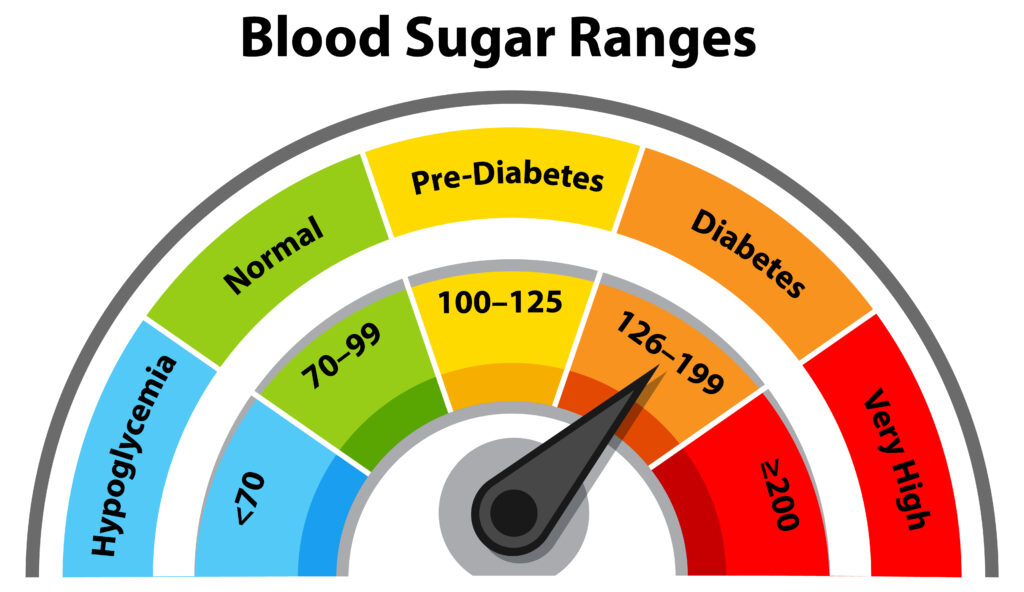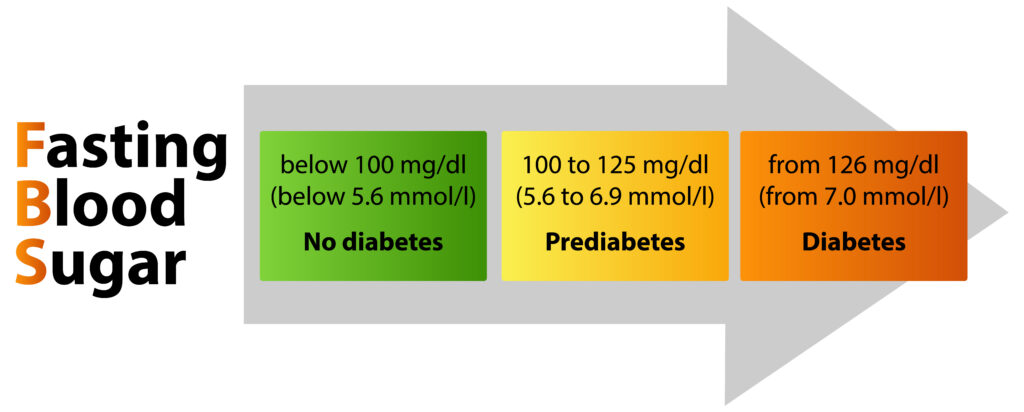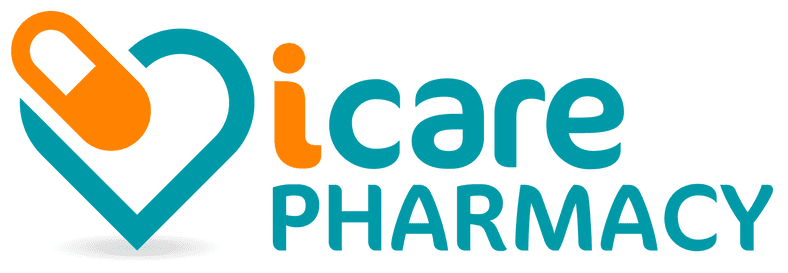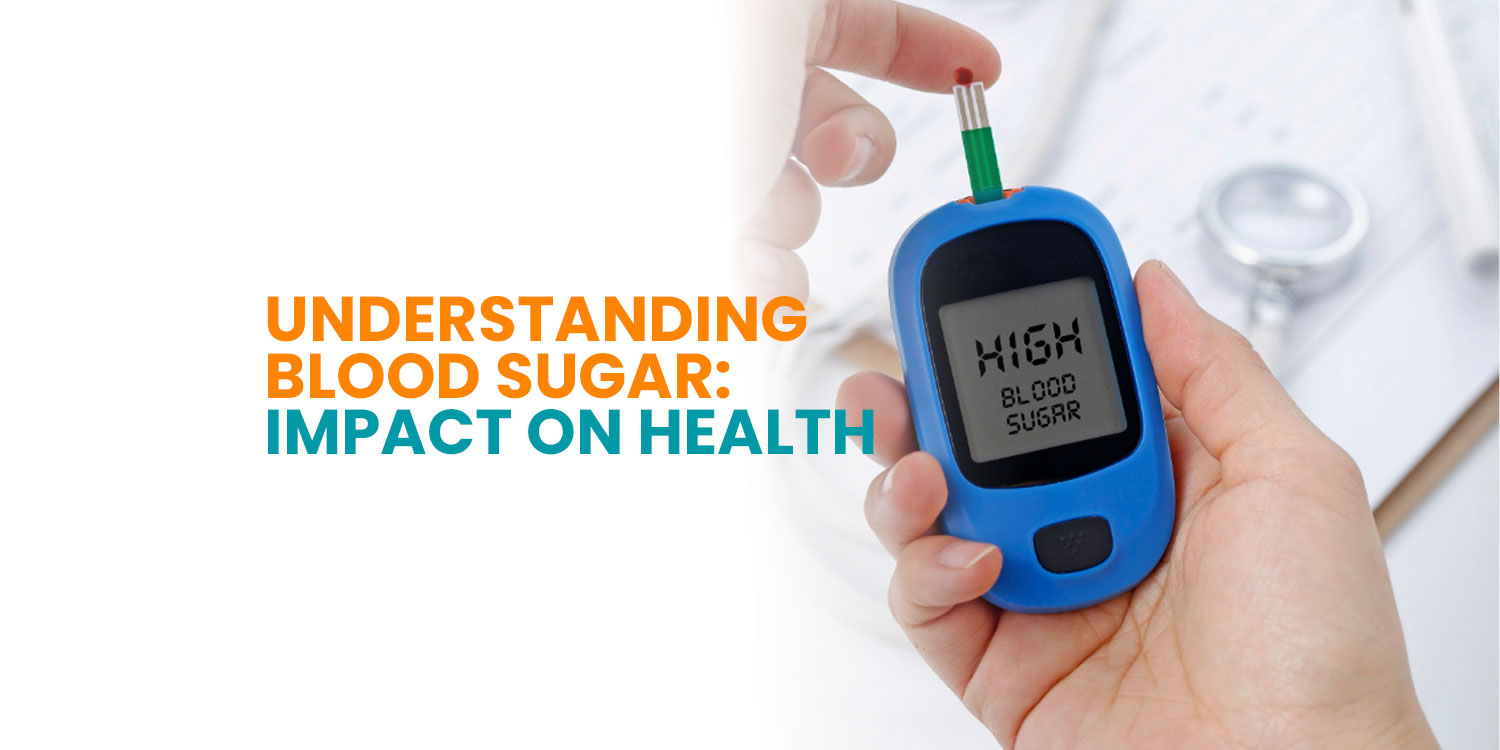Understanding Blood Sugar Levels: Key Points
Maintaining healthy blood sugar levels is crucial for overall well-being, particularly for individuals with diabetes. Understanding how blood sugar functions in the body can help manage and prevent complications (Diabetes Canada, 2020).
Blood Sugar Overview
Blood sugar (glucose) serves as the primary energy source for the body. Our muscles and organs rely on the sugar in our bloodstream to function properly. In Canada, blood glucose levels are measured in millimoles per liter (mmol/L) (Diabetes Canada, 2020).

Normal Fasting Blood Sugar Levels
Fasting blood sugar refers to your blood glucose levels after not eating for at least eight hours. A normal fasting blood sugar level typically ranges between 4 to 7 mmol/L (Canadian Diabetes Association, 2018).

Postprandial Blood Sugar Levels
Postprandial blood sugar is measured two hours after eating. A healthy range for post-meal blood sugar is between 5 to 10 mmol/L (Diabetes Canada, 2020).

Low Blood Sugar Levels (Hypoglycemia)
Hypoglycemia occurs when blood sugar drops below 4 mmol/L. This condition can be dangerous, causing symptoms such as dizziness, confusion, sweating, and even loss of consciousness. Proper management of low blood sugar is essential to avoid acute complications (Mayo Clinic, 2023).

High Fasting Blood Sugar Levels (Hyperglycemia)
Hyperglycemia is when fasting blood sugar levels rise above 7 mmol/L. Persistently high levels can lead to severe health issues, including complications with the heart, kidneys, and nerves (World Health Organization [WHO], 2022). Later this week, I will go deeper into the risks and management strategies.

Factors Influencing Blood Sugar
Diet, physical activity, stress levels, and even meditation play significant roles in regulating blood sugar. While medication is essential for some individuals, lifestyle adjustments can lead to substantial improvements in blood glucose control (American Diabetes Association, 2022).
Managing blood sugar is a journey, and the more informed you are, the better control you’ll have over your health.

References
American Diabetes Association. (2022). Standards of medical care in diabetes—2022. https://doi.org/10.2337/dc22-SINT
Canadian Diabetes Association. (2018). Diabetes Canada 2018 clinical practice guidelines for the prevention and management of diabetes in Canada. https://guidelines.diabetes.ca/
Diabetes Canada. (2020). Monitoring your blood sugar. https://www.diabetes.ca/managing-my-diabetes/tools—resources/blood-glucose
Mayo Clinic. (2023). Hypoglycemia. https://www.mayoclinic.org/diseases-conditions/hypoglycemia/symptoms-causes/syc-20373685
World Health Organization. (2022). Diabetes. https://www.who.int/news-room/fact-sheets/detail/diabetes




